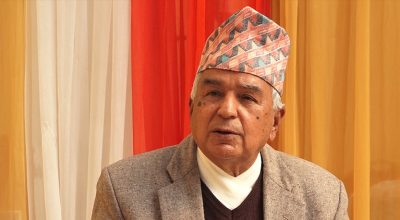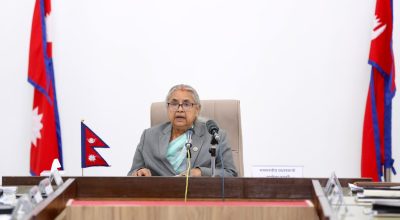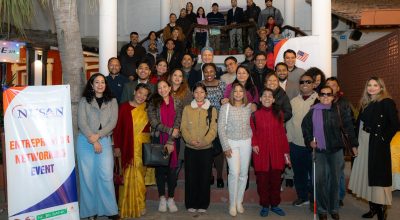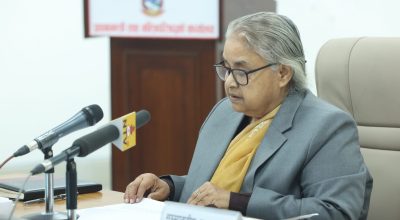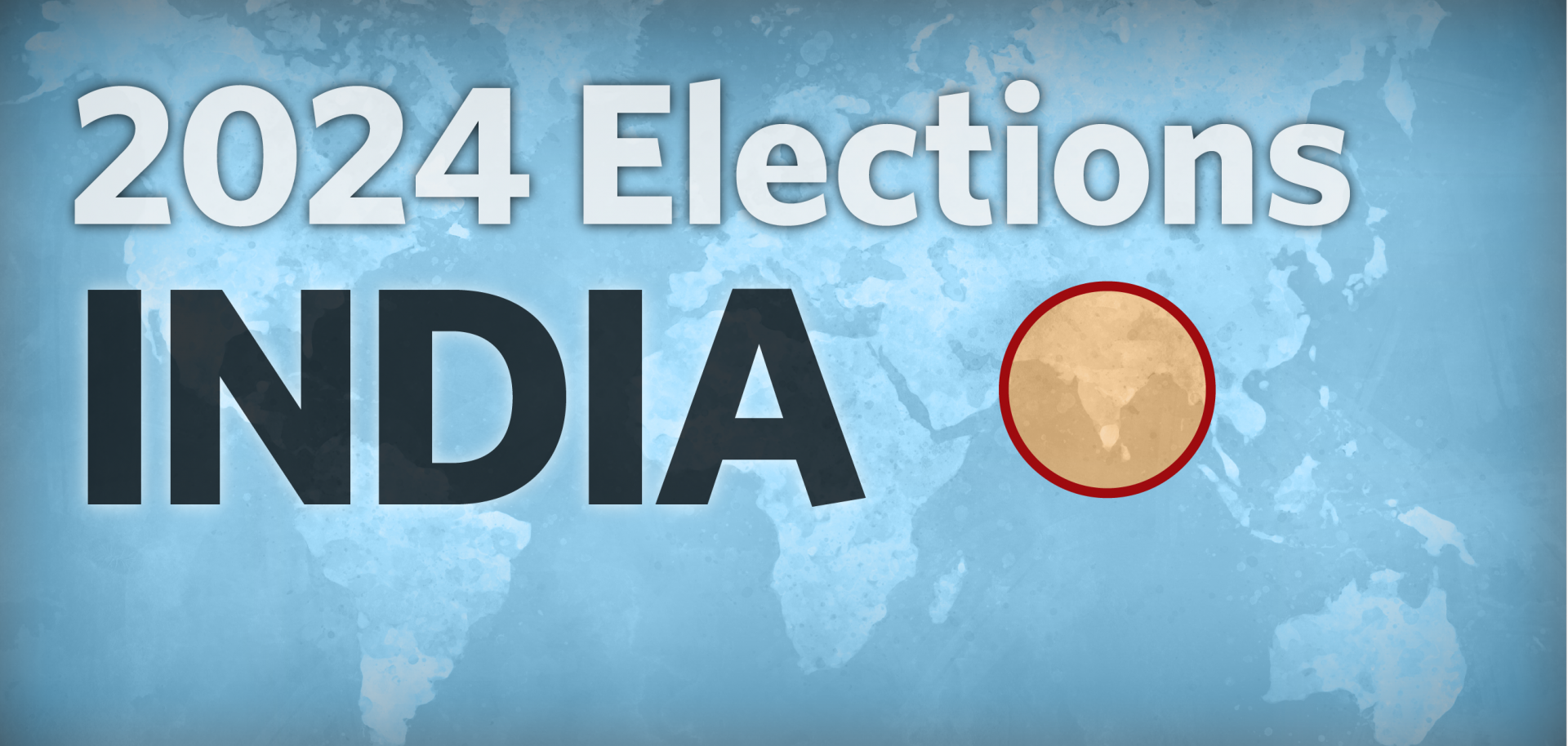
India, the world’s largest democracy, conducts national elections every five years to elect its representatives at the national level. While the sheer scale and diversity of the Indian electorate are impressive, the national elections are not without their demerits and deep-rooted issues. These problems range from logistical challenges to concerns about representation and fairness. Also people are concerned about the foreign policy matters.
One of the significant challenges in India’s national elections is the prevalence of electoral malpractices. Vote-buying, where candidates or parties offer money or gifts to voters in exchange for their votes, is disturbingly common. This undermines the democratic process by reducing elections to transactions rather than a choice based on merit and policy.
Voter intimidation is another issue. Voters, especially in rural areas, sometimes face threats or violence if they do not vote for a particular candidate or party. This coercion deprives citizens of their right to vote freely and without fear.
The role of money in Indian elections has grown exponentially over the years. Candidates often spend vast sums of money on their campaigns, which leads to concerns about transparency and accountability. Excessive campaign expenditure often gives an unfair advantage to wealthy candidates or parties, sidelining those with limited resources but potentially better ideas and intentions.
Despite comprising nearly half of the population, women’s representation in India’s national elections remains disappointingly low. The patriarchal nature of Indian society, coupled with entrenched gender biases, often discourages women from participating in politics.
Political parties also frequently overlook women candidates, preferring to field male candidates who are perceived as more electable. This lack of representation hampers the diversity of perspectives in policymaking and perpetuates gender inequality.
India’s diverse cultural, linguistic, and religious landscape often leads to the emergence of regional and identity-based political parties. While these parties play a crucial role in representing the interests of specific communities, they can also foster divisiveness and polarisation.
Identity politics, where candidates appeal to voters based on caste, religion, or regional affiliations rather than policy issues, can undermine national unity and cohesion. It can also lead to discrimination and marginalisation of certain groups, hindering inclusive development.
While the Election Commission of India conducts voter awareness campaigns, many citizens, especially in rural areas, still lack adequate knowledge about the electoral process. Voter apathy is widespread, with many choosing not to vote due to disillusionment or lack of understanding.
Moreover, the rise of social media has exacerbated the problem of misinformation. False narratives and propaganda can sway public opinion and influence voting behaviour, undermining the integrity of the electoral process.
India’s first-past-the-post (FPTP) electoral system, while simple, has its drawbacks. Candidates can win seats with a minority of votes if the opposition vote is divided. This can lead to distorted electoral outcomes where parties with a significant vote share may not be adequately represented in the legislature.
The FPTP system also discourages smaller parties from contesting elections, as they often struggle to win seats despite garnering a substantial number of votes. This limits the political diversity and can result in a less representative government.
While India’s national elections are a testament to its vibrant democracy, they are plagued by several demerits and deep-rooted problems. From electoral malpractices and money power to lack of women representation and identity politics, these issues pose significant challenges to the fairness, transparency, and inclusivity of the electoral process.
Addressing these problems requires concerted efforts from all stakeholders, including political parties, civil society, and the Election Commission. Only through reforms and increased public awareness can India ensure that its national elections truly reflect the will of its diverse electorate and uphold the principles of democracy.
The outcome of India’s national elections can profoundly influence its foreign policy direction. Over the years, India’s foreign policy has often been criticized for being inconsistent, reactive, and imbalanced. The election results present an opportunity to reassess and recalibrate this approach, ensuring that it aligns better with India’s national interests and global aspirations.
One area where the election result can make a significant difference is India’s relationship with its neighbours, particularly Pakistan. Historically, the two countries have had strained relations due to territorial disputes, cross-border terrorism, and ideological differences.
The election result should prompt a more nuanced and proactive approach towards Pakistan. Instead of oscillating between engagement and hostility based on short-term political considerations, India should adopt a consistent and constructive engagement strategy. This could involve dialogue, confidence-building measures, and cooperation on regional issues like counter-terrorism and trade.
India’s foreign policy often finds itself caught between major powers like China and the U.S., both of which are crucial economic and strategic partners. The election result should guide India towards striking a balance between these relationships, avoiding over-dependence on any single country.
The recent election result in India offers a renewed opportunity for politicians to rethink and reshape the country’s foreign policy. It’s time to acknowledge the shortcomings of the past and chart a new course that is proactive, balanced, and aligned with India’s evolving global role.
It’s crucial to move away from the oscillating cycle of engagement and hostility with neighbouring countries like Pakistan and China. Instead of viewing relations through a narrow lens of territorial disputes or historical grievances, politicians should prioritize dialogue, mutual respect, and cooperation on shared challenges like terrorism and regional stability.
India’s foreign policy should aim for strategic autonomy by diversifying its partnerships with major powers. A balanced approach will allow India to navigate the complexities of global geopolitics more effectively. Issues like climate change, cybersecurity, and global health require collective action and international cooperation. Indian politicians should prioritize these global challenges in their foreign policy agenda, working collaboratively with other countries and international organizations to find sustainable solutions.
The new election result should give hope to Indian politicians that a change in foreign policy direction is not only desirable but also achievable. By adopting a more proactive, balanced, and inclusive approach, India can better safeguard its national interests and contribute positively to global peace, stability, and prosperity. It’s time for politicians to seize this opportunity and make foreign policy reform a priority.
The Indian election result should serve as a catalyst for reevaluating and reshaping India’s foreign policy to address its problematic and imbalanced aspects. By adopting a more proactive and balanced approach towards neighbourhood diplomacy, major powers, and cultural diplomacy, India can better safeguard its national interests and contribute meaningfully to global peace, stability, and prosperity.







